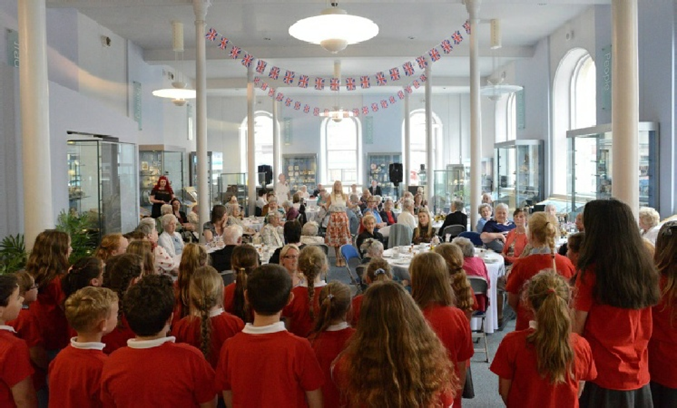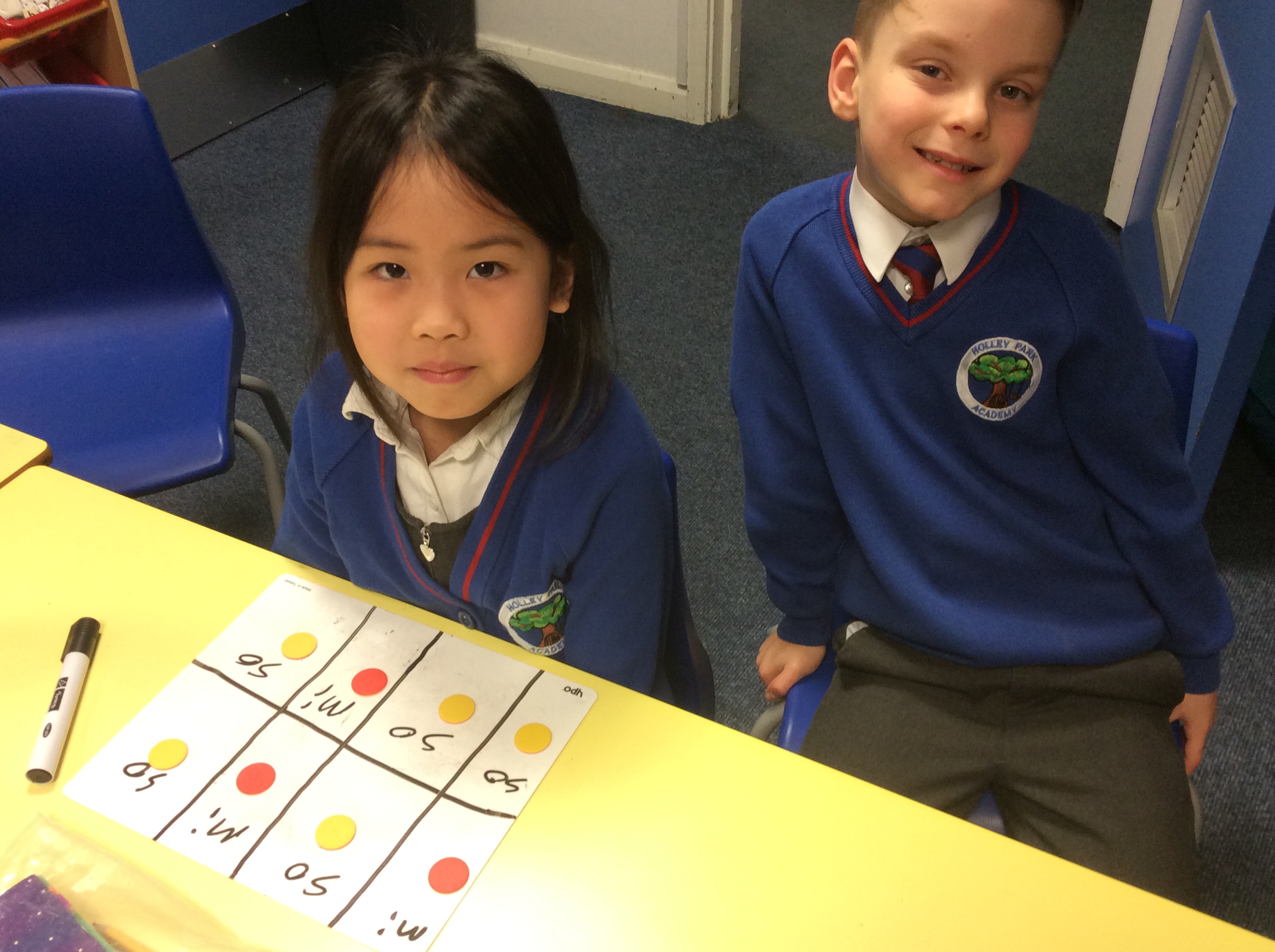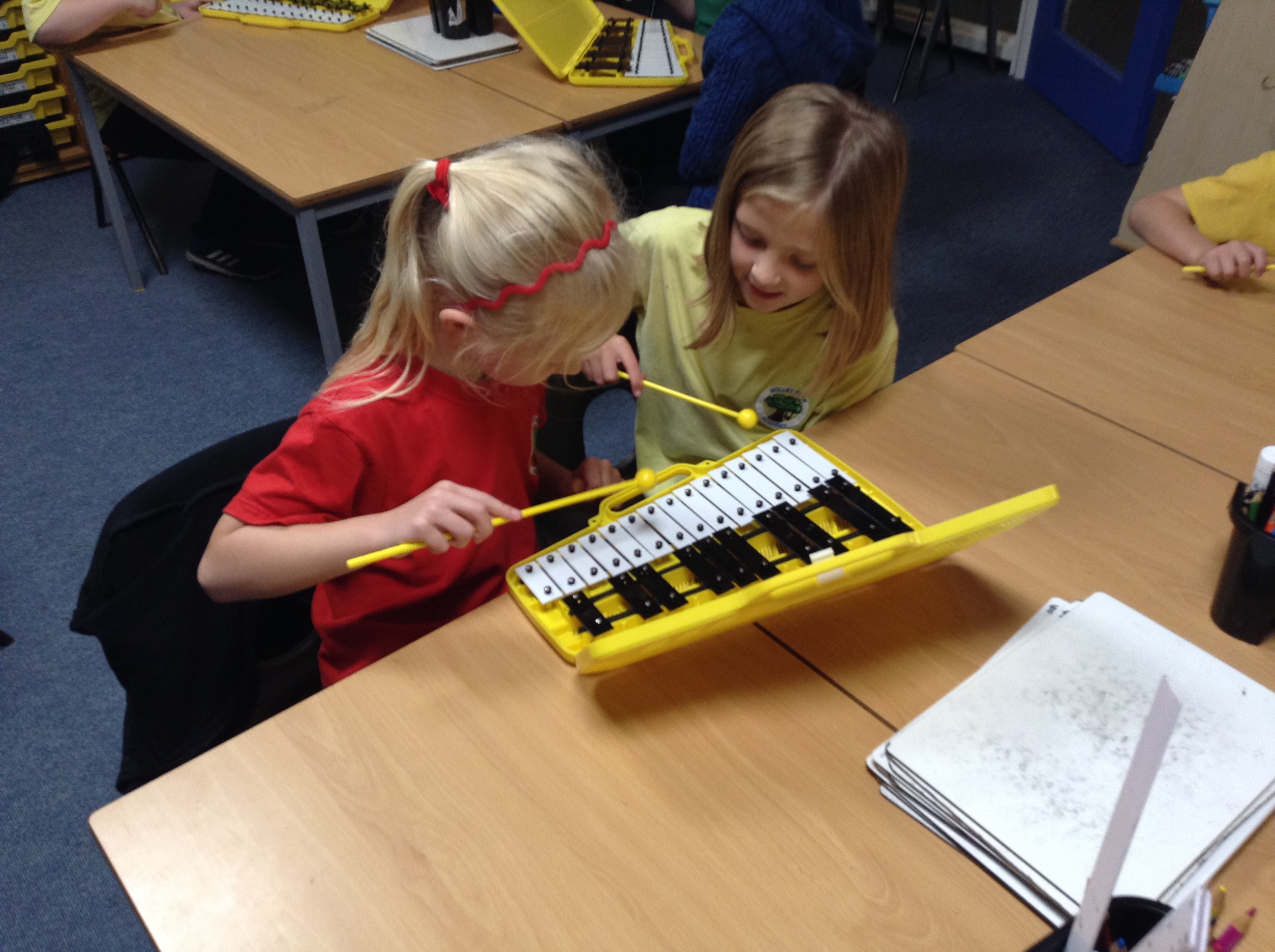Music
Music at Holley Park
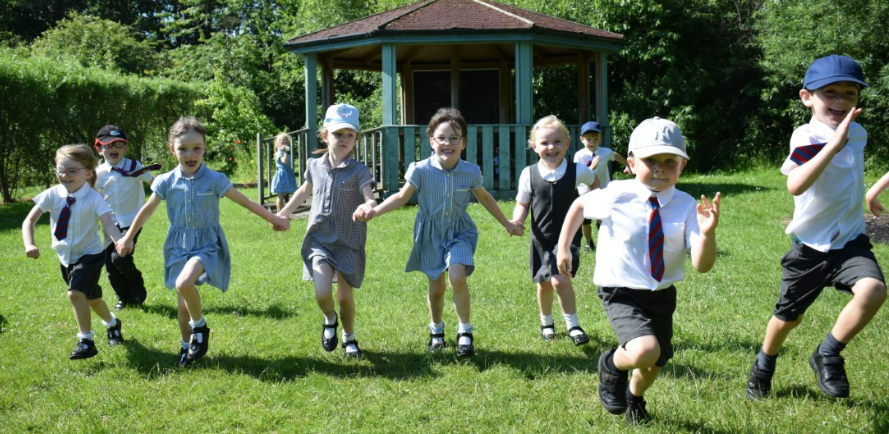
‘Work Together, Achieve More’
Curriculum Intent
At Holley Park Academy, we value pupils’ education and aim to provide a broad and balanced curriculum that is accessible to and inclusive of all pupils, equipping them with the skills necessary to succeed in life after school. We do not tolerate discrimination of any kind and our curriculum celebrates the diverse nature of our society, enabling pupils to embrace the world around them – encouraging adherence with the fundamental British values. It also promotes the spiritual, moral, social, cultural, mental and physical development of pupils at our school and of society. We ensure that the curriculum we provide for our pupils enables them to understand and appreciate the social and economic environment in which they live. The context of our school informs how we plan for all teaching and learning, so that pupils’ learning is relevant, meaningful and has purpose. We ensure that we use our well-resourced outdoor area to develop and extend children’s learning beyond the classroom.
We have a clear understanding of pupils’ backgrounds and are aware of the challenges which they face. We ensure that positive behaviours for learning are embedded throughout the school and are used as an effective tool to allow pupils to access the curriculum effectively and independently. We use prior knowledge to identify gaps in learning so that new knowledge can be acquired and end points identified.
Subject Intent
At Holley Park Academy, our intent is that every pupil can appreciate and enjoy music alongside developing their knowledge and skills within the subject.
Pupils begin their Music journey at Holley Park Academy in our Early Years environment. Our provision has been carefully created, to provide a range of opportunities throughout the day to help develop music knowledge and skills.
By the time our pupils leave our school, we aim for them to be able to sing and play musically with increasing confidence and control. They should develop an understanding of musical composition, organising and manipulating ideas within musical structures and reproducing sounds from aural memory.
In Key Stage 1 children are taught to:
- Use their voices expressively and creatively by singing songs and speaking chants and rhymes
- Play tuned and untuned instruments musically
- Listen with concentration and understanding to a range of high-quality live and recorded music
- Experiment with, create, select and combine sounds using the interrelated dimensions of music
In Key Stage 2 children are taught to:
- Play and perform in solo and ensemble contexts, using their voices and playing musical instruments with increasing accuracy, fluency, control and expression.
- Improvise and compose music for a range of purposes using the interrelated dimensions of music.
- Listen with attention to detail and recall sounds with increasing aural memory.
- Use and understand staff and other musical notations.
- Appreciate and understand a wide range of high-quality live and recorded music drawn from different traditions and from great composers and musicians.
- Develop an understanding of the history of music.
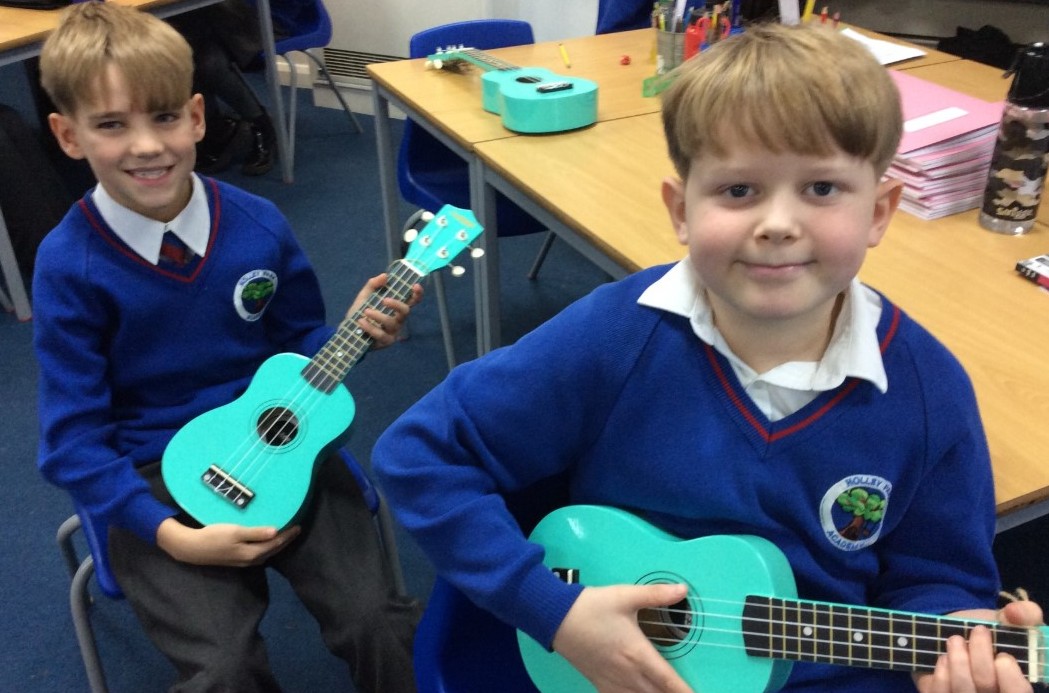
There are three core pillars of learning at the heart of our curriculum that underpin our music curriculum’s intent:
Pillar 1 – Technical
- the accurate production of sounds using the voice, an instrument or music technology.
- the ability to use staff notation and other systems such as learning by ear or chord symbols for the communication of music.
Pillar 2 – Constructional
- the knowledge of how musical elements, such as harmony, melody and rhythm come together.
- knowledge about the components of composition: what we need to include in compositions and how we put a composition together.
Pillar 3 – Expressive
- about expressive responses linked to music
- focus on musical quality in performance, composition and listening, including how this is affected by history social context and purpose
- knowledge and understanding of how the interrelated dimensions work together to give musical meaning
Subject Implementation
Based upon the expectations set out within the national curriculum, Holley Park follows the Charanga scheme of work to deliver high-quality music lessons from Nursery to Years 6. Music lessons are delivered weekly by class teachers. Children also work alongside our specialist music teacher over the course of the term.
Music Curriculum – Whole school overview
|
|
Autumn 1 |
Autumn 2 |
Spring 1 |
Spring 2 |
Summer 1 |
Summer 2 |
|
Nursery |
All About Me Singing Sacks |
Autumn Sounds of Autumn Musical Patterns |
Spring Using instruments to make sounds of Spring |
Rainbows Songs linked to colour |
Baby Animals Carnival of the Animals Using instruments Following a beat |
All Around the World Musical instruments from around the world Music around the world |
|
Reception
|
Me! |
My Stories |
Everyone! |
Our World |
Big Bear Funk |
Reflect Rewind and Replay |
|
Year 1
|
My Musical Heartbeat (How Can We Make Friends When We Sing Together?) |
Dance, Sing and Play! (How does Music Tell Stories about the Past?) |
Exploring Sounds (How Does Music Make the World a Better Place?) |
Learning to Listen (How Does Music Help Us to Understand Our Neighbours?) |
Having Fun with Improvisation (What Songs Can We Sing to Help Us through the Day?) |
Let’s Perform Together (How Does Music Teach Us about Looking After Our Planet?) |
|
Year 2
|
Pulse, Rhythm and Pitch (How does Music Help Us to Make Friends?) |
Playing in an Orchestra (How Does Music Teach Us about the Past?) |
Inventing a Musical Story (How Does Music Make the World a Better Place?) |
Recognising Different Sounds (How Does Music Teach Us about Our Neighbourhood?) |
Exploring Improvisation (How Does Music Make Us Happy?) |
Our Big Concert (How Does Music Teach Us about Looking After Our Planet?) |
|
Year 3
|
Writing Music Down (How Does Music Bring Us Closer Together?) |
Playing in a Band (What Stories Does Music Tell Us about the Past?) |
Composing using Your Imagination (How Does Music Make the World a Better Place?) |
More Musical Styles (How Does Music Help Us Get to Know Our Community?) |
Enjoying Improvisation (How Does Music Make a Difference to Us Every Day?) |
Opening Night (How Does Music Connect us With Our Planet?) |
|
Year 4
|
Musical Structures (How Does Music Bring Us Together?) |
Exploring Feelings When You Play (How Does Music Connect Us with Our Past?) |
Compose with Your Friends (How Does Music Improve Our World?) |
Feelings Through Music (How Does Music Teach Us about Our Community?) |
Expression and Improvisation (How Does Music Shape Our Way Of Life?) |
The Show Must Go On! (How Does Music Connect Us With the Environment?) |
|
Year 5
|
Melody and Harmony in Music (How Does Music Bring Us Together?) |
Sing and Play in Different Styles (How Does Music Connect Us with Our Past?) |
Composing and Chords (How Does Music Improve Our World?) |
Enjoying Musical Styles (How Does Music Teach Us about Our Community?) |
Freedom to Improvise (How Does Music Shape Our Way Of Life?) |
Battle of the Bands! (How Does Music Connect Us With the Environment?) |
In addition to music lessons, our curriculum is enriched through providing additional opportunities for children through participation in our school choir as well as the chance to participate in small group instrument tuition.
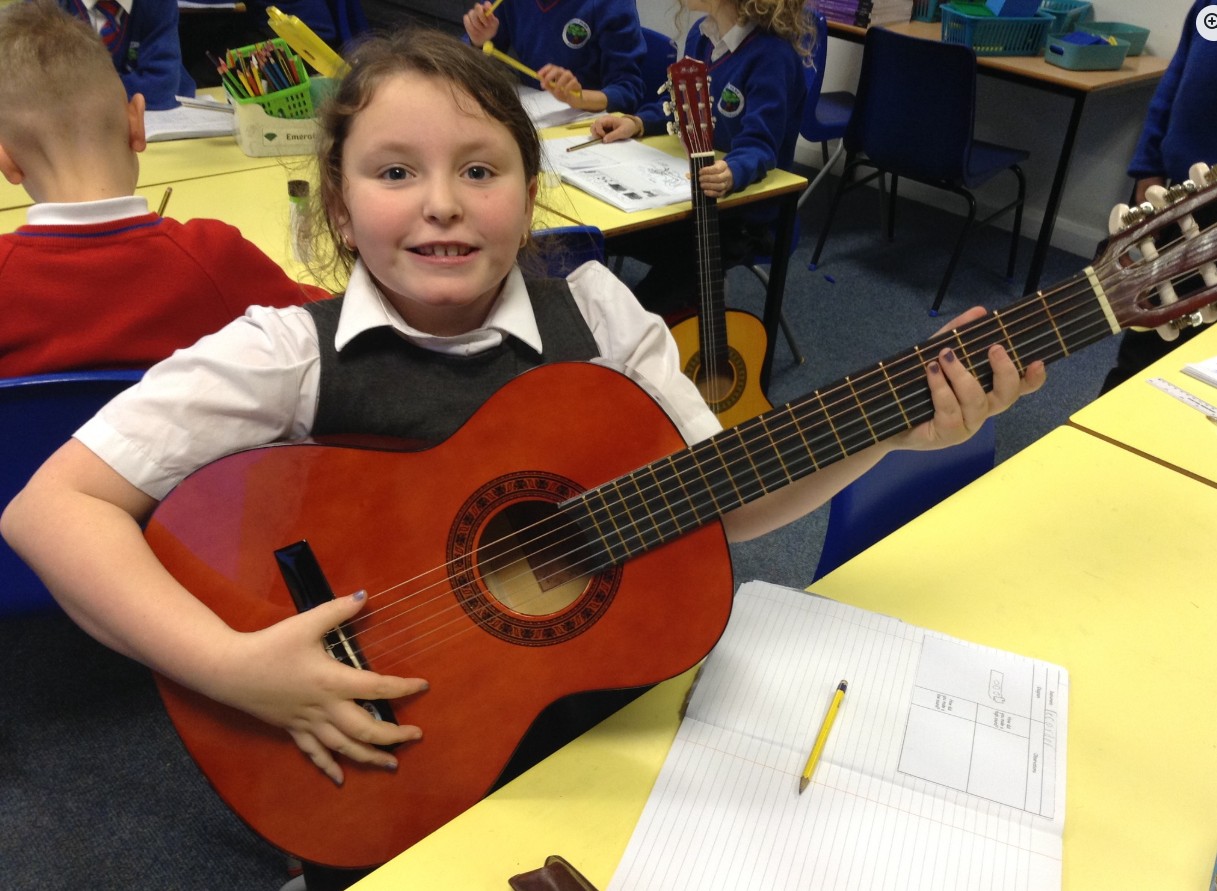
Inclusion Statement for SEND
At Holley Park, we firmly believe that music is unique in the way it brings people together: our curriculum ensures that every student is given the opportunity to take part and to experience music. We work collaboratively with our specialist music teachers to signpost and facilitate progression pathways, and to take part in opportunities that enrich, compliment, and extend our teaching. We commit to training staff to be aware of and sensitive to the issues that can prevent participation and to access means that overcome barriers to musical inclusion. Careful lesson planning and differentiation is used to make sure that all children, including those who have special educational needs, disabilities, English as an additional language or those who are gifted and talented, are included and engaged.
Cultural Capital
At Holley Park Academy, we strive to equip pupils with the knowledge and cultural capital they need to succeed in life. Cultural capital is the accumulation of knowledge, behaviours, and skills that children can draw upon and which demonstrates their cultural awareness, knowledge and competence. For students to aspire and be successful academically and in the wider areas of their lives, they need to be given rich and sustained opportunities to develop their cultural capital – and music is a subject that can help children achieve this. Music plays a part in contributing to children’s personal, social, physical, spiritual, moral, and cultural development. Each of these six key areas of development are interrelated and contribute to the sum of student’s cultural capital. At our school we take advantage of any opportunity to take part in activities in the local community which enrich our music education, this includes participating in annual Big Sing/Big Play events through The Glasshouse Gateshead and Sunderland Music Hub, linking with the local secondary school for singing and performances and community events such as carol singing, year group concerts and Musician concerts. Where possible, we invite our parents and carers into school to celebrate our musical performances and assemblies and we take advantage of in school and outer school events, especially within the school Trust.
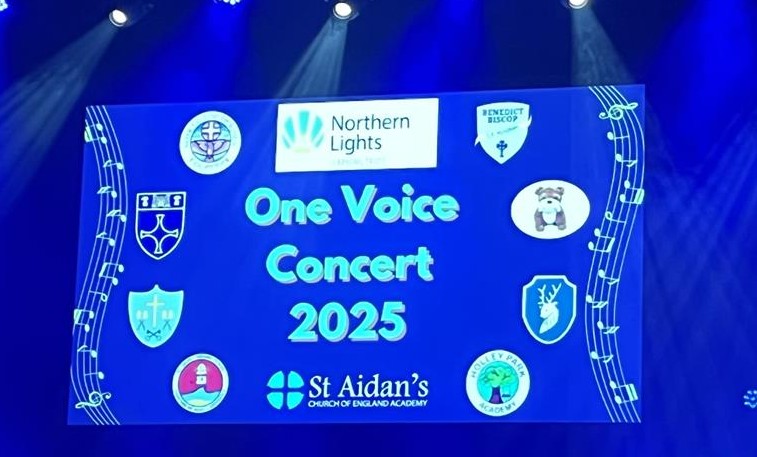
Reading Spine in Music
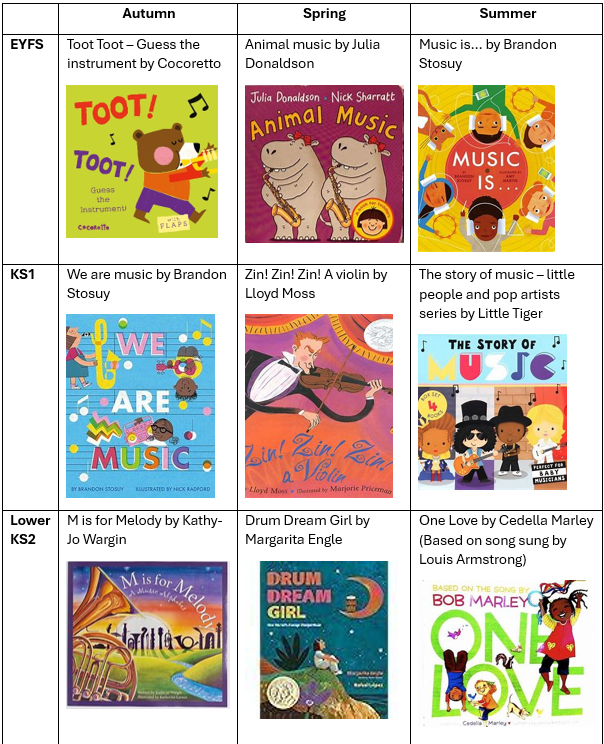
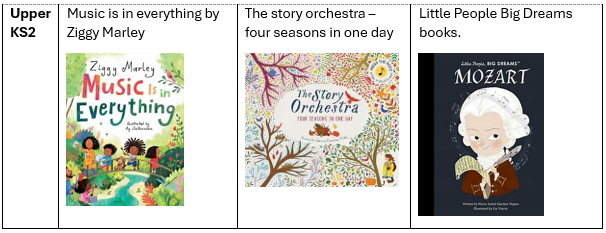
Links for parents
Out of the Ark Music (5-11 years old):
https://www.outoftheark.co.uk/
BBC Nursery Rhymes and Songs (0-5 years old):
https://www.bbc.co.uk/teach/school-radio/nursery-rhymes-songs-index/zhwdgwx
BBC Primary Music (5-11 years old):
https://www.bbc.co.uk/teach/school-radio/primary-music-ks1--ks2-index/z6762sg
BBC Primary Music and Dance (5-7 years old):
Five creative music ideas to try with children at home (5-11 years old) - https://www.bbc.co.uk/teach/bring-the-noise/half-term-music-activities/zmmpxyc/
KS2 BBC Bitesize (7-11 years old):
https://www.bbc.co.uk/bitesize/subjects/zwxhfg8
BBC Ten Pieces (7-11 years old):
https://www.bbc.co.uk/teach/ten-pieces/primary-resources-ks2--2nd-level/z6xjrj6
The Beat Goes On (5-11 years old):
https://www.youtube.com/channel/UC-iOnF1dIM8eagPO05SMnRQ
Should you wish to find out more about out music curriculum, please contact our Music Lead via the school office.
